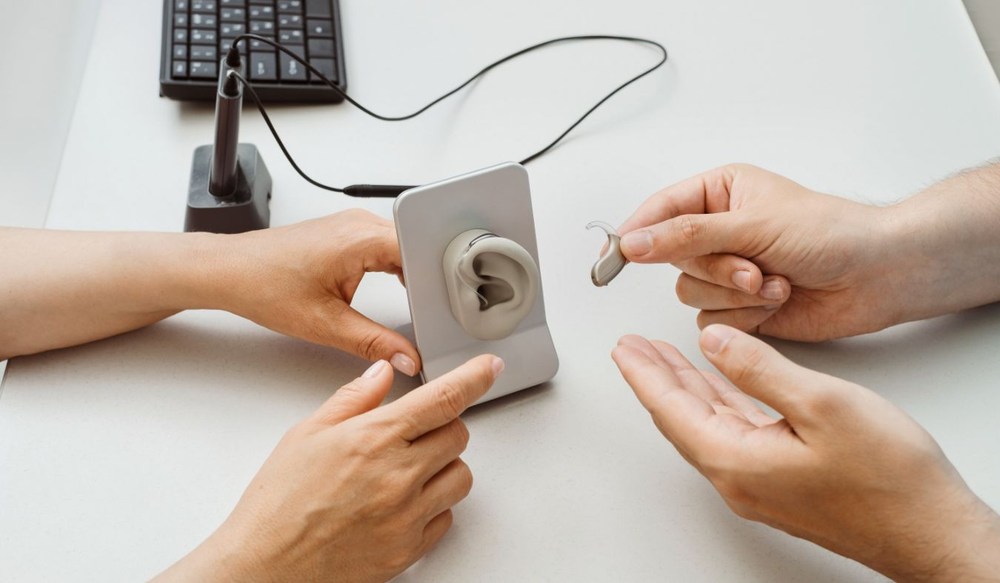Why Does My Voice Sound Weird with Hearing Aids? Occlusion Explained
Many people notice that their own voice sounds different when they first


Many people notice that their own voice sounds different when they first

As 5G wireless networks expand and become more widespread, you might

As people grow older, attention often goes to staying physically active,